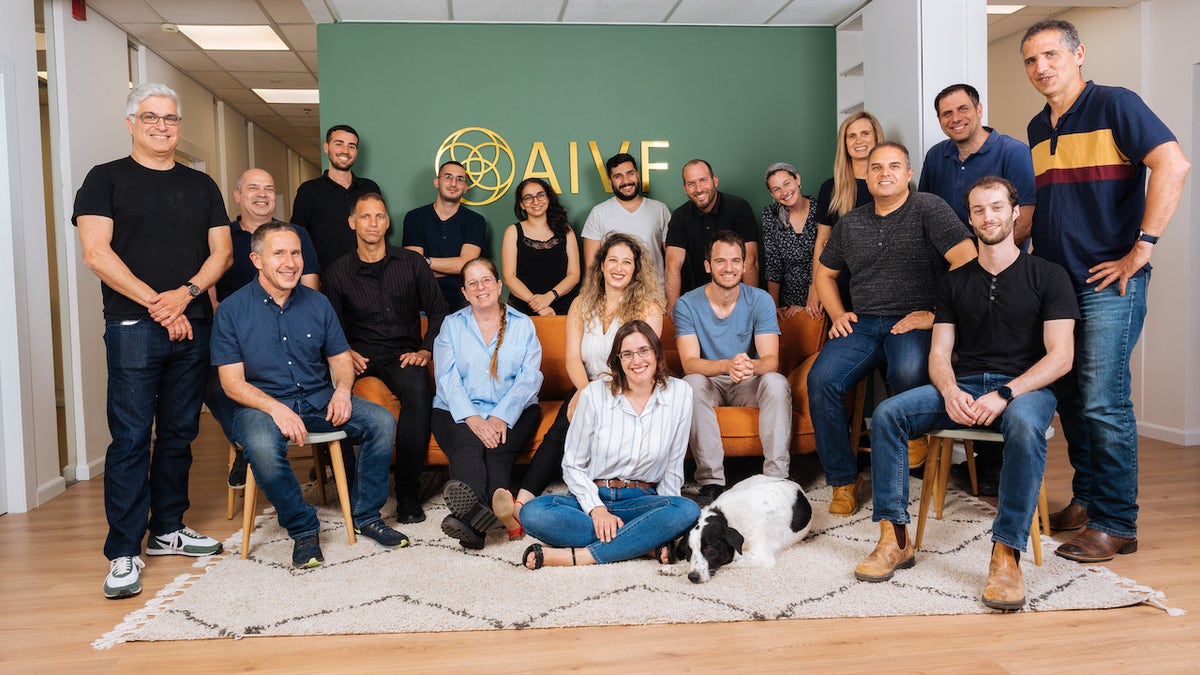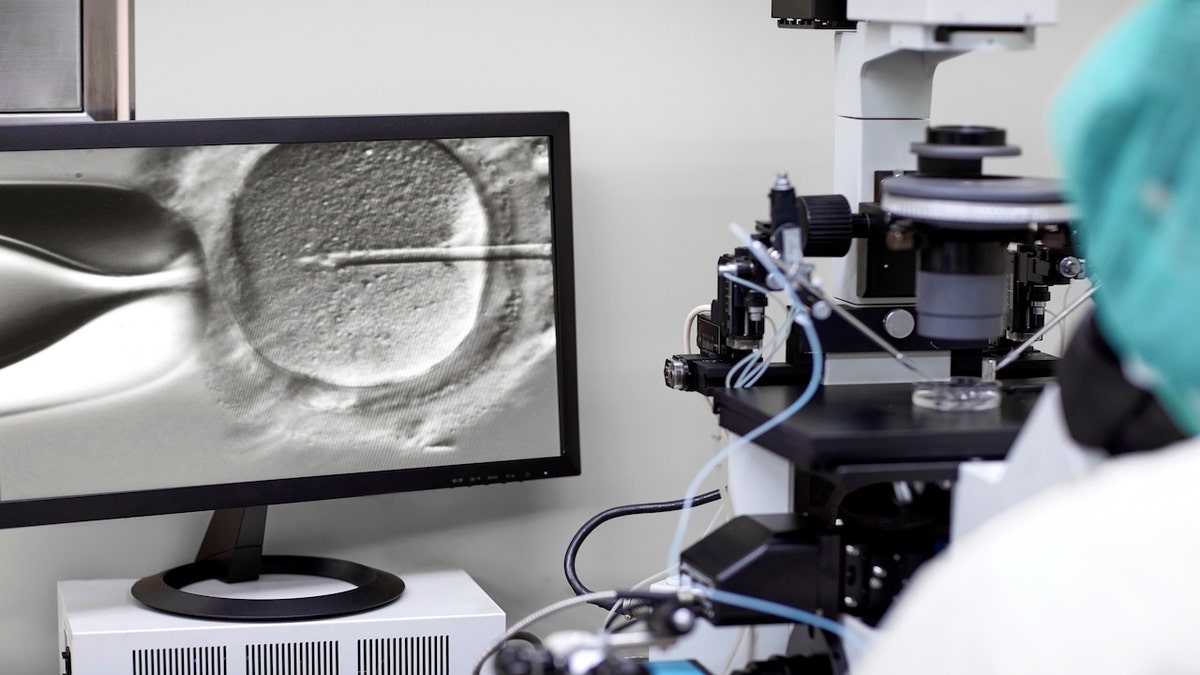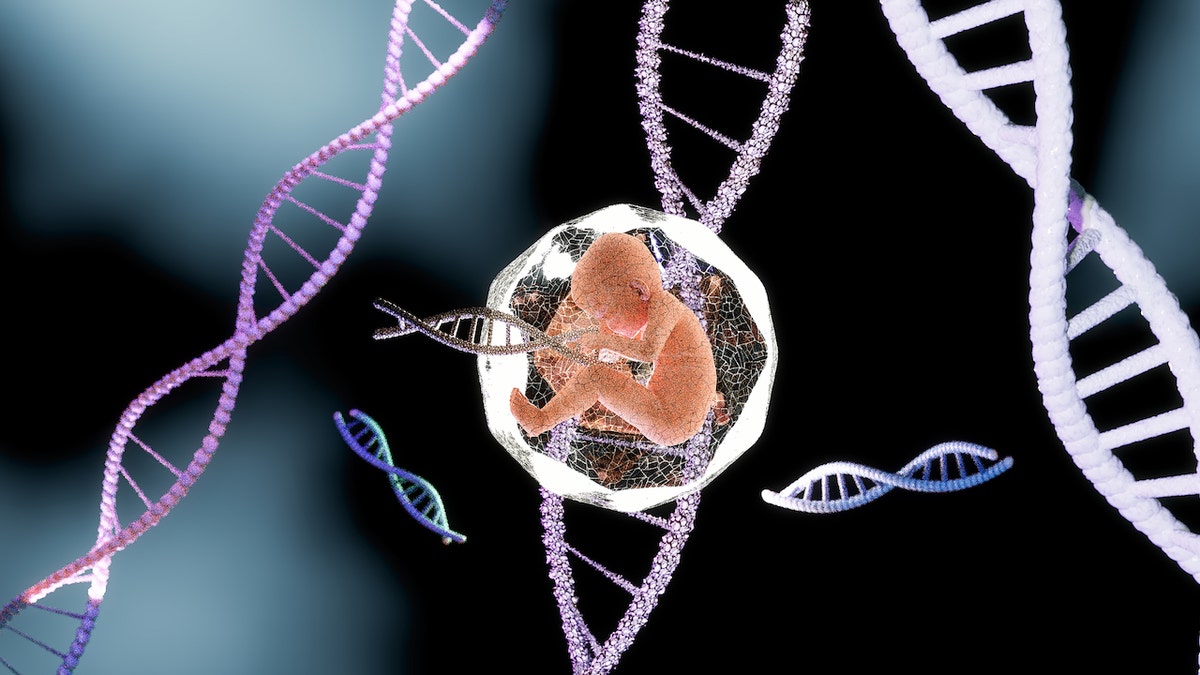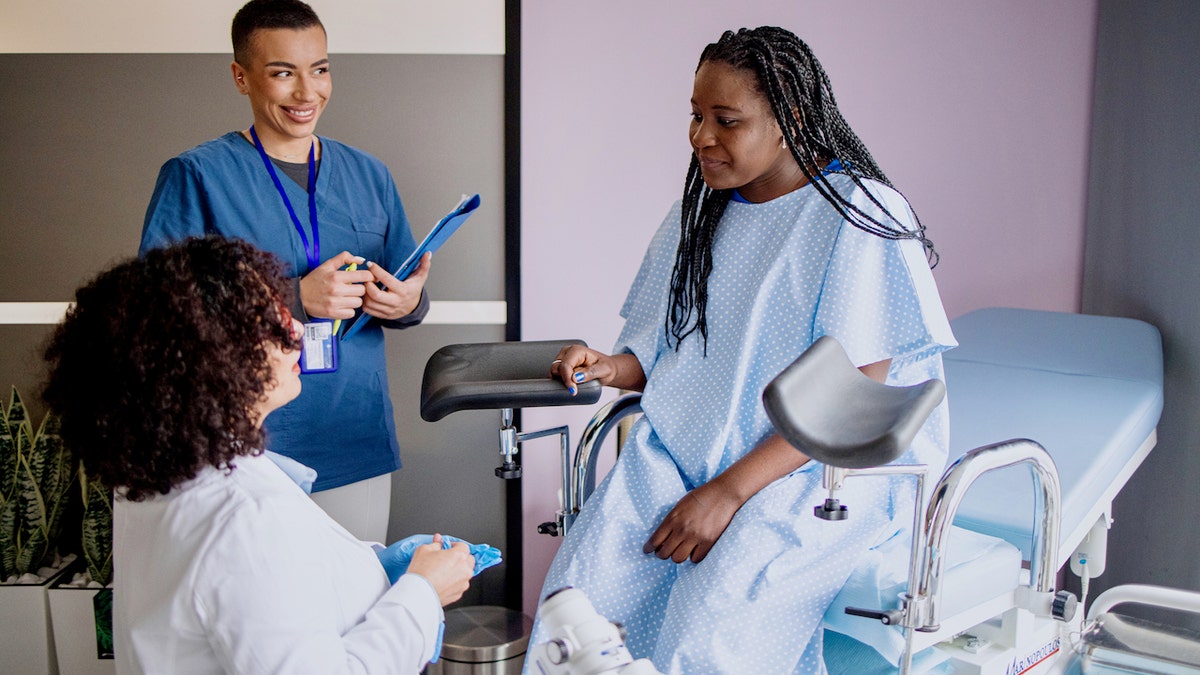Artificial intelligence (AI) is making waves in healthcare, and now it's poised to transform in-vitro fertilization (IVF). AIVF, an Israeli reproductive technology company, has developed EMA, an AI-powered software designed to enhance embryo selection, a critical step in the IVF process.
With IVF success rates hovering around 25% across all age groups, the need for improvement is clear. The financial burden and emotional toll of multiple IVF cycles are significant. Furthermore, the demand for IVF is outpacing the capacity of clinics, leaving many aspiring parents with limited options.

AIVF's CEO, embryologist Daniella Gilboa, highlights the limitations of current IVF practices, where embryologists face the difficult task of selecting the most viable embryos from a pool of seemingly similar candidates. This subjective assessment can be challenging, especially in a fast-paced lab environment.
EMA aims to address this challenge by analyzing vast amounts of data beyond human capacity. The AI model has been trained on countless time-lapse videos of developing embryos, learning to identify features associated with successful pregnancies and genetic abnormalities that are invisible to the naked eye.

The software assigns each embryo a numerical score, providing clinicians with valuable data-driven insights to guide their decision-making. This objective evaluation can potentially reduce uncertainty and improve the accuracy of embryo selection.


The speed of AI analysis is another advantage, enabling clinics to process more patients and potentially reduce wait times. Gilboa emphasizes that the AI is a tool to assist clinicians, not replace them. The final decision regarding embryo selection remains with the doctor.

Dr. Shahin Ghadir, a fertility expert, acknowledges the potential benefits of AI in addressing the shortage of embryologists and enhancing their expertise. However, he stresses the importance of rigorous testing and validation before widespread implementation.

Ethical considerations surrounding AI-driven embryo selection also warrant careful attention, especially regarding patient autonomy and potential biases.
AIVF's technology is already being used in several regions globally and is expected to be available in the U.S. soon. Early reports indicate a promising 30% increase in IVF success rates in clinics utilizing the software. The potential for reduced costs and faster time to pregnancy offers hope to countless individuals and families.








